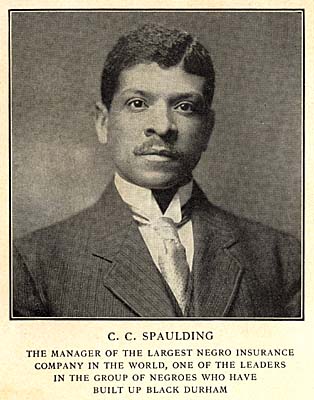Peer Post Feedback
The Passing of Grandison
 This poem has an influencing message behind its curtains. At first glance one might think that the literal meaning of Frosts work in this poem is to help the reader envision a traveler taking a road less traveled, and simply that; however, given a CLOSE READING of the poem a swath of depth is unraveled!
This poem has an influencing message behind its curtains. At first glance one might think that the literal meaning of Frosts work in this poem is to help the reader envision a traveler taking a road less traveled, and simply that; however, given a CLOSE READING of the poem a swath of depth is unraveled!
The Road Not Taken~ Robert Frost:
 This poem has an influencing message behind its curtains. At first glance one might think that the literal meaning of Frosts work in this poem is to help the reader envision a traveler taking a road less traveled, and simply that; however, given a CLOSE READING of the poem a swath of depth is unraveled!
This poem has an influencing message behind its curtains. At first glance one might think that the literal meaning of Frosts work in this poem is to help the reader envision a traveler taking a road less traveled, and simply that; however, given a CLOSE READING of the poem a swath of depth is unraveled!
Lindsay does a great CLOSE READING of Frosts poem and unveils many openly interpreted points. Firstly agreeable, Lindsay states
I think the poem is talking about life’s journey, and one’s role as the “traveler” in their life.The poem indeed describes life as a journey, and seems to enunciate that individual choices are incredibly important factors in the outcome of your life's journey. Frost breaths this thought life by stating,
Two roads diverged in a wood, and I,
I took the one less traveled by,
And that has made all the difference.
Taking the road less traveled was one of those incredibly important individual choices. In the end it made all the difference in the outcome of the journey.
Later in the CLOSE READING Lindsay does a great job of examining how the title of the poem works with the poems content, how the poem rhymes, and how the poem is structured. The tile of the poem works very well with the content, as the title is directly related to the content, even used in the body word for word; this helps the reader by giving them a shot at something they are familiar with, rather than just going to town in the dark. Lindsay states,
If the poems title were different, I don’t think it would be nearly as authentic in term of the message of the poem.
The message of the poem is that of the decisions one makes along their life's journey, and because the title introduces this theme, it does add an authentic touch; the reader is informed going into the text. Rhyming in this poem is not something word for word, rather as Lindsay states,
Although each line in the poem does not necessarily rhyme with the next, in a “sing song” way, there is a rhythm and beat to the poem, with a few lines scattered throughout that do rhyme.
This is true as Frost adds a textual sense of rhythm and rhyme diffused through his work. For instance showing in the third stanza of his poem,
And both that morning equally lay
In leaves no step had trodden black.
Oh, I marked the first for another day!
Note how instead of directly rhyming the word "Lay" he waits until the lapse of another sentence to rhyme it with "Day." Structurally Lidsay believes,
The poem does seem to have formal structure; as to what structure that is, I am not educated on formal poetic structure to convey this.Agree able is the fact that the poem has some kind of structure, what ever structure it may be. Noticeably the poem is written in the traditional four stanza structure which Lindsay might convey as,
I do however think that structure gives this poem the limitations necessary express to the reader exactly what the author’s intent was and leaves the poem up to some kind of personal interpretation.These important observations brought to light by Lindsay's CLOSE READING help to reveal the swath of depth in Frosts work.




